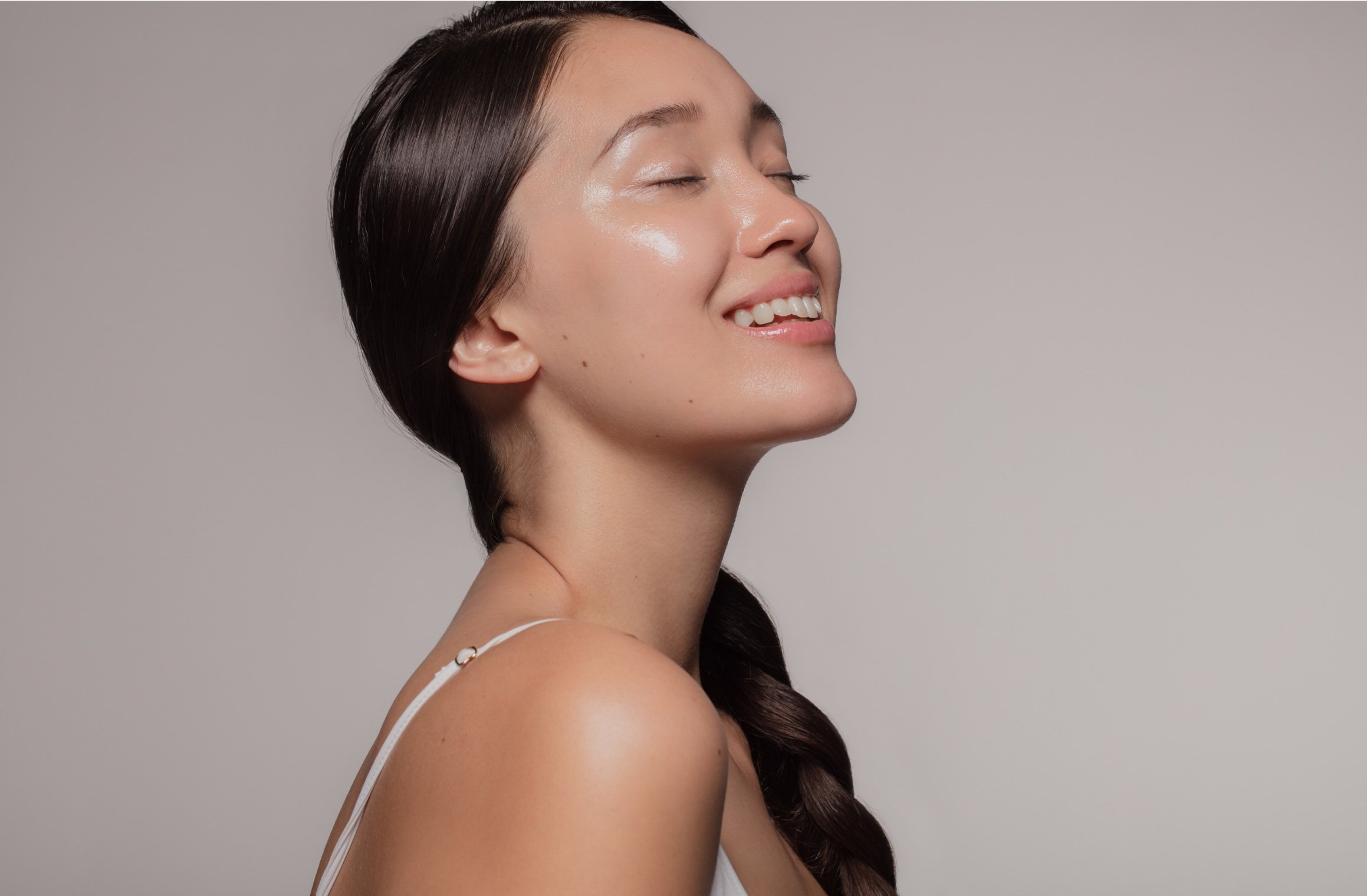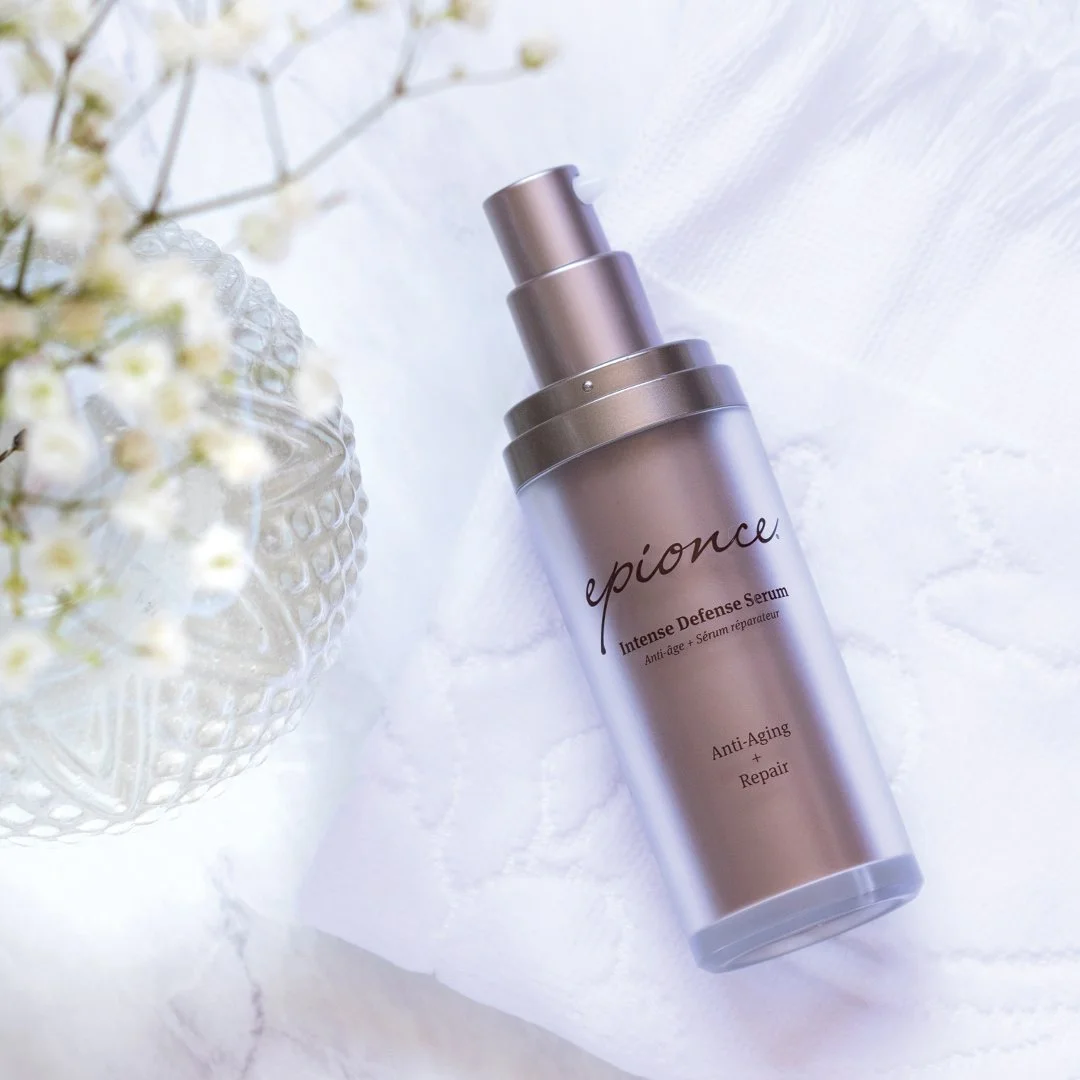Beta-Glucan - The New Hyaluronic Acid?
The skincare industry is big business, baby. The market is projected to grow from 100.13 billion in 2021 to 145.82 billion in 2028.
That’s a whole lotta face masks, am I right? With this steady growth and new consumers coming of age in a tech-savvy world, products have to produce results, as customers are more educated than ever. There’s buzzwords every few years: collagen, retinol, glycolic, and of course, hyaluronic acid!
Well, in this blog post, we’re going to go over what HA is, and how a new, less-known skincare product is likely going to take over the market soon!
Tried and true, hyaluronic acid
If you’ve ever spent a sleepless night looking at skincare Reddit, TikTok, Instagram, or blogs, you’ll have heard of hyaluronic acid — the sweetheart skincare ingredient that seems to be in everything these days. Commercials for drug store skincare and makeup are starting to cash in on this much buzzed-about skincare serum.
Hyaluronic acid is a compound that occurs naturally in your body, and it’s hydrophilic — meaning it’s a moisture lover! It’s an absolute magnet for moisture, being able to absorb up to 1000 times its weight in water.
HA is responsible for attracting and retaining moisture, giving your skin a beautiful structure and plump, hydrated look. It is thought to promote collagen synthesis, which can prevent wrinkles and improve your skin’s texture — yes please!
So while your body does make its own hyaluronic acid, of course, there’s that annoying part about aging. Just like we decrease our collagen production as we age, so too our production of HA diminishes.
To combat this, people can inject dermal filler made of HA, which adds beautiful volume to the skin. Applying it topically is also really popular, as it can smooth the appearance of fine lines and wrinkles.
Epionce’s Intense Defense Serum is a great product that contains HA - they use Sodium hyaluronate (the salt form of hyaluronic acid) due to its smaller molecular structure for stability and increased resistance to oxidation. Sodium hyaluronate also has a smaller molecular size, which means that it can penetrate the skin better.
The new kid on the block, Beta Glucan!
So we know that hyaluronic acid is a water-retaining boss — but it is not water generating. In simple terms, this means that HA can only “grab onto” water from your surroundings and hold onto it to hydrate your skin. Because of this, HA can only hydrate your epidermis, because it is not able to penetrate down to the dermis layer - unless it’s injected by a licensed nurse injector or doctor.
Beta-glucan, the newest skincare rockstar in town, is 20% more hydrating than hyaluronic acid at the same concentration. Because it’s a powerful humectant, beta-glucan provides intense hydration for the skin while also preventing moisture loss! As if you don’t love the sound of Beta-glucan enough, believe it or not, it gets BETTER!
Beta-glucan holds on to water after it has penetrated deeply into the skin, meaning that Beta-glucan (unlike HA) hydrates, balances, and nourishes from the inside out.
A bottle of the magic stuff! This is the beta-glucan we use in clinic.
How we use beta-glucan here at Take It Off
We use beta-glucan masks after microneedling sessions, which promotes inrense hydration and calming after this results driven treatment.
Pictured here is a client with our beta-glucan mask, post fibroblast plasma pen procedure.
We also use beta-glucan serum and masks post fibroblast plasma pen treatments. Using beta-glucan after this intense treatment helps calm the skin, providing luscious cooling and hydrating properties that kickstart healing. We also encourage our clients to use beta-glucan as a part of their post-care protocol.
We also believe that with more education, we’ll be able to start retailing beta-glucan to our clients as a stand-alone serum, as it is amazing at boosting and protecting the skin barrier function making it a savior for dehydrated, cracked skin conditions. It’s also appropriate for use on our acne clients!
So, we are obviously stoked on this new skincare ingredient, and no doubt will be hearing more about it in the future. We love the results we’ve seen using it in our practice, and would love to talk more about it during a treatment!
-Sarah (she/her)
Owner/CAE




